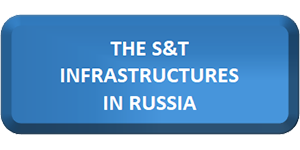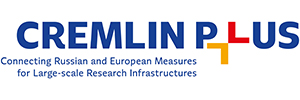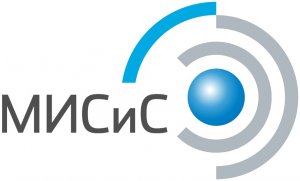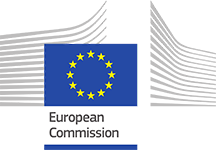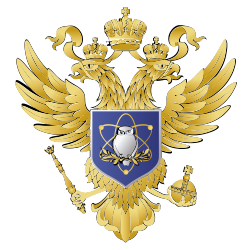Transnational and virtual access to Research infrastructures
‘Research Infrastructures’ are facilities, resources and services that are used by the research communities to conduct research and foster innovation in their fields. They include: major scientific equipment (or sets of instruments), knowledgebased resources such as collections, archives and scientific data, e-infrastructures,
such as data and computing systems and communication networks and any other tools that are essential to achieve excellence in research and innovation. They may be 'single-sited', 'virtual' and 'distributed'
‘Users’ of Research Infrastructures can be individuals, teams and institutions from academia, business, industry and public services. They are engaged in the conception or creation of new knowledge, products, processes, methods and systems and also in the management of projects. Teams can include researchers,
doctoral candidates, technical staff and students participating in research in the framework of their studies.
‘Access’ refers to the legitimate and authorised physical, remote and virtual admission to, interactions with and use of Research Infrastructures and to services offered by Research Infrastructures to Users. Such Access can be granted, amongst others, to machine time, computing resources, software, data, data-communication services, trust and authentication services, sample preparation, archives, collections, the set-up, execution and dismantling of experiments, education and training, expert support and analytical services.
Transnational access means free of charge, trans-national access to research infrastructures or installations for selected user groups. The access includes the logistical, technological and scientific support and the specific training that is usually provided to external researchers using the infrastructure.
Virtual Access ensures free of charge access to e-infrastructure, namely to:
- Sophisticated computer services;
- Powerful computers, networks, grids, repositories, databanks;
- Safely storing large quantities of scientific data;
- Participation in virtual research communities;
- World-class operational communication and computing infrastructure to facilitate scientific research.


